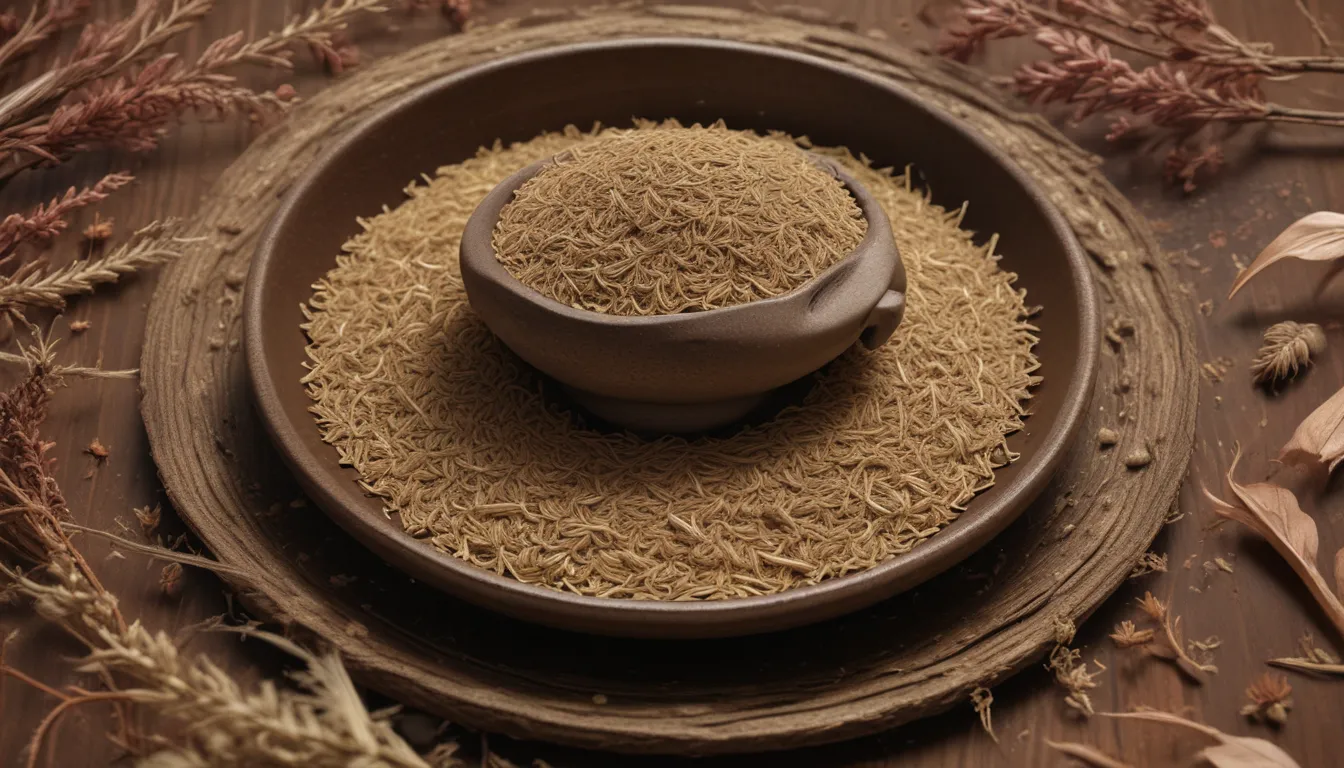The Nutritional and Health Benefits of Caraway Seeds

Herbs and spices are not only delicious additions to your meals but can also provide a plethora of health benefits. One such spice is caraway, a member of the Apiaceae family, which includes popular vegetables like carrots, celery, fennel, and parsley.
Exploring the Culinary Uses of Caraway
Caraway, also known as C. carvi, is often referred to as meridian fennel or Persian cumin. While commonly known as caraway seed, the edible part of the plant is a dried fruit. Its unique anise-like flavor makes it a versatile addition to both sweet and savory dishes. It is a popular spice in German cooking, particularly in potato and cabbage-based dishes, as well as in rye bread, where it plays a significant role.
In addition to traditional German dishes, caraway is also found in English caraway cakes and Lebanese spiced rice pudding. The spice adds depth and complexity to recipes and can elevate the overall flavor profile of a dish.
Nutritional Value of Caraway Seeds
When it comes to nutrition, caraway seeds are a powerhouse. Per tablespoon, ground dried caraway contains 1.1 milligrams of iron, providing 6% of the recommended daily value for healthy adults. Additionally, it offers 2.5 grams of fiber, contributing to 10% of the recommended daily value. While these percentages may not be achieved in a single serving, incorporating caraway into recipes can help reduce the need for added salt or sugar.
Iron is essential for maintaining red blood cells and overall energy levels in the body. It plays a crucial role in transporting oxygen throughout the body and into the muscles. Fiber, on the other hand, promotes healthy digestion and can aid in weight management by providing a feeling of fullness.
Potential Health Benefits of Caraway Seeds
Apart from its nutritional value, caraway seeds contain terpenes that offer additional health benefits. Limonene, a terpene found in citrus peels and caraway seeds, has been studied for its potential anti-cancer effects. Another terpene called d-carvone, which gives caraway seeds their earthy flavor, has shown promising results in suppressing colon cancer growth and reducing hypertension in animal studies.
Including caraway seeds in your diet can support your immune system, aid in digestion, and improve overall health. Whether used in cooking or as a supplement, this versatile spice is a valuable addition to any pantry.
Growing Caraway Seeds at Home
If you’re interested in cultivating your own caraway seeds, consider adding them to your garden. Growing caraway at home can not only provide you with a fresh supply of this flavorful spice but also enhance your culinary creations. To get started, check out these resources for more information on planting, harvesting, and caring for caraway plants:
- How to Plant and Grow Caraway
- How to Identify and Control Caraway Pests and Diseases
- When and How to Harvest Caraway Seed
Conclusion
Caraway seeds are more than just a flavorful addition to your meals; they offer a range of health benefits that can support your overall well-being. Whether you use them in cooking or incorporate them into your garden, caraway seeds are a versatile and nutritious spice worth exploring.
Do you have any favorite recipes that feature caraway seeds? Share your thoughts in the comments below and let’s continue the conversation about the benefits of this underrated spice!
Remember, when it comes to your health and nutrition, exploring the benefits of unique herbs and spices like caraway can open up a world of flavorful possibilities.





